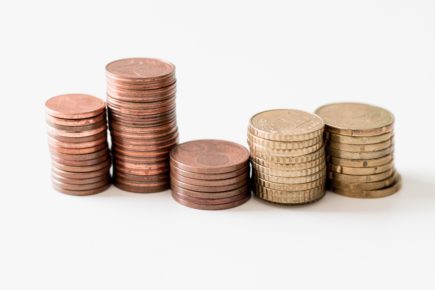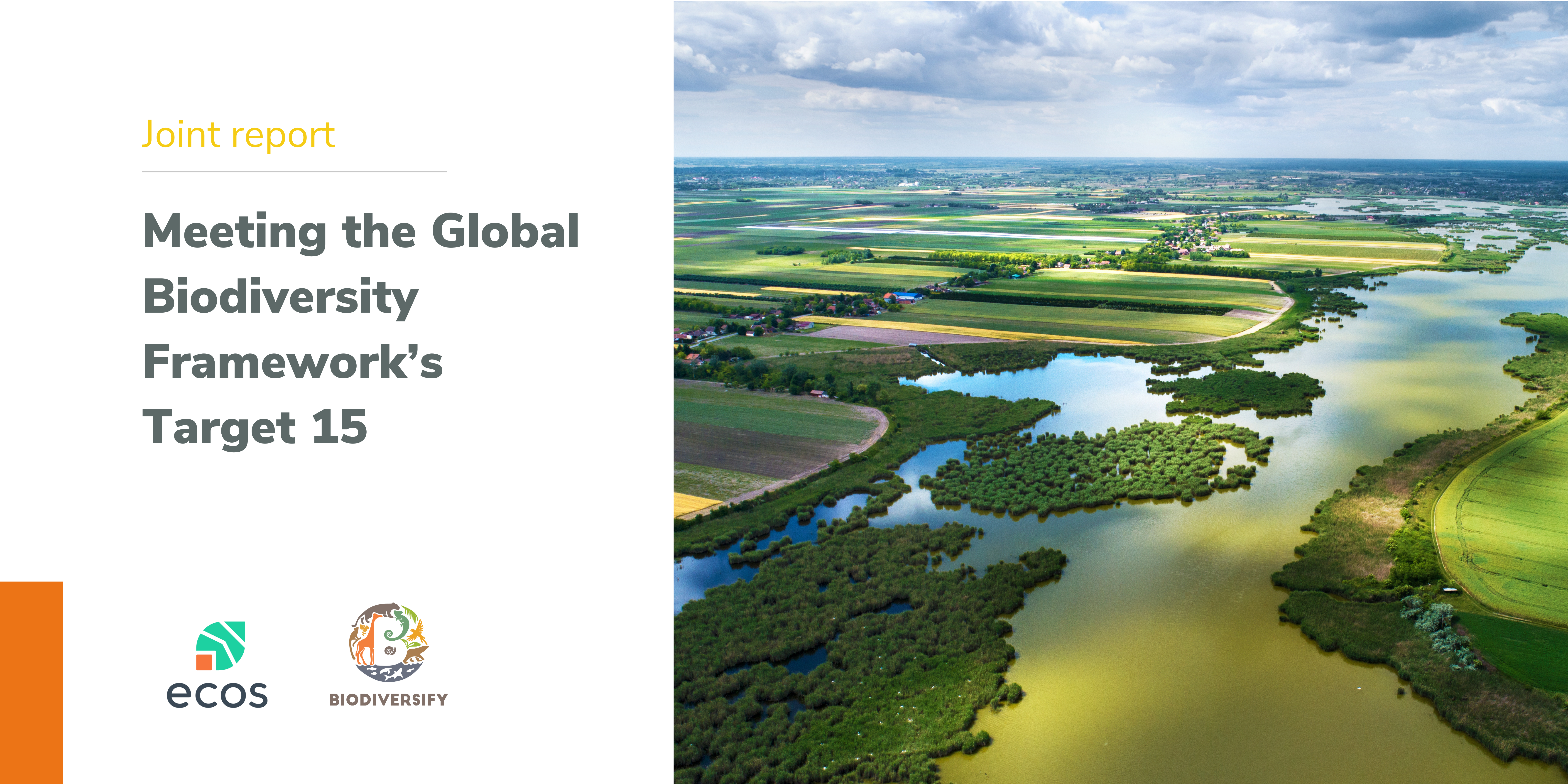Meeting the Paris Agreement will require a major shift in financial investments away from fossil fuels towards mitigation and climate resilience. The combination of an increasing volume and demand in sustainable investments on the one hand, and a lack of harmonised criteria to characterise these investments on the other, led ISO to initiate the development of a series of international standards on environmental finance. Addressed primarily at financial institutions and institutional investors, these standards could make a substantial contribution to the implementation of the Paris Agreement and the UN 2030 Agenda for Sustainable Development.


ECOs is looking for a motivated Climate and Energy Trainee, who will support the work of the Climate and Energy team in the ECOS Secretariat based in Brussels.
Around one million animal and plant species are now threatened with extinction. 4.7 million hectares of forests are lost every year. 90% of disasters are now classed as weather and climate-related linked to the climate crisis.
The European Commission is circulating a proposal in which nuclear energy and natural gas would join the EU Taxonomy – an official list of investments considered ‘environmentally sustainable’. In an opinion report published this week, experts from the Platform on Sustainable Finance question whether this is in line with EU law. Why? ECOS Senior Programme Manager and Platform member Mathilde Crêpy explains.
New ECOS report prepared with Biodiversify analyses Target 15, one of the main outcomes from the 15th Conference of Parties (COP 15) of the Convention on Biological Diversity. This Target encourages and enables the private sector to monitor, assess and transparently disclose risks, dependencies and impacts on biodiversity both within their own operations and across their supply and value chains.
Download the pdf
ECOS is co-funded by the European Commission and EFTA

 Funded by the European Union. Views and opinions expressed are however those of the author(s) only and do not necessarily reflect those of the European Union or EISMEA. Neither the European Union nor the granting authority can be held responsible for them.
Funded by the European Union. Views and opinions expressed are however those of the author(s) only and do not necessarily reflect those of the European Union or EISMEA. Neither the European Union nor the granting authority can be held responsible for them.
